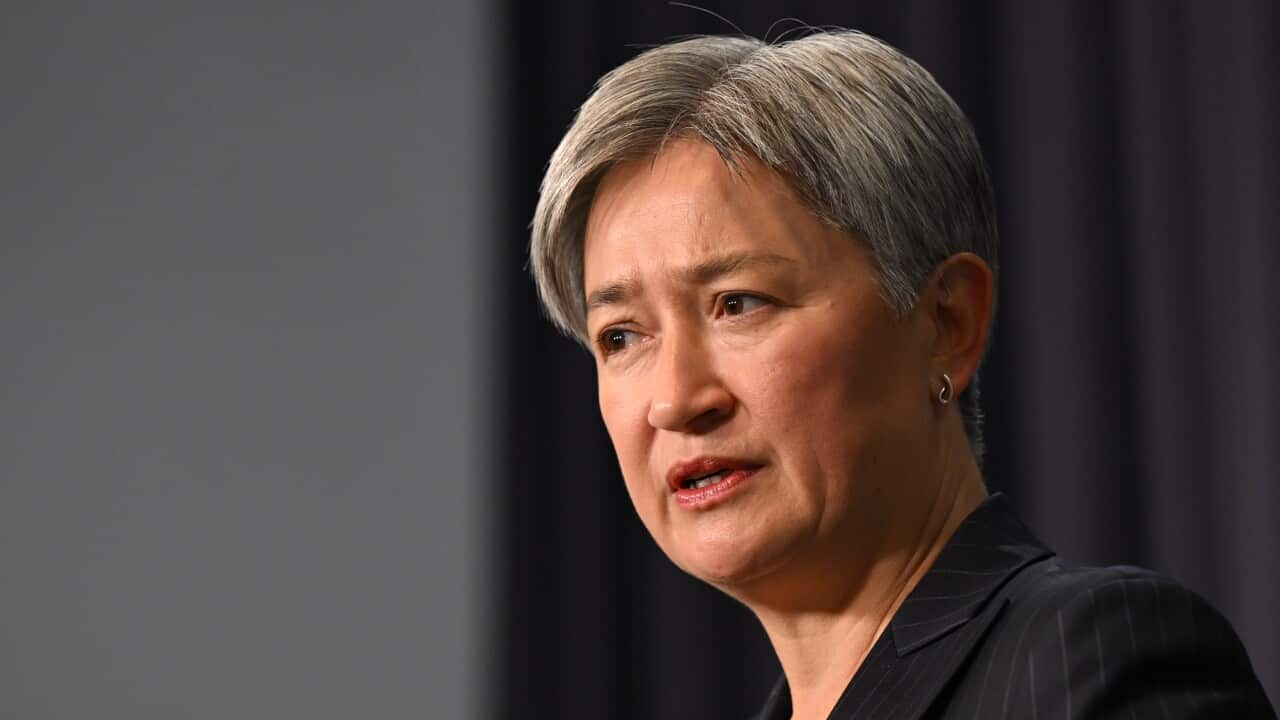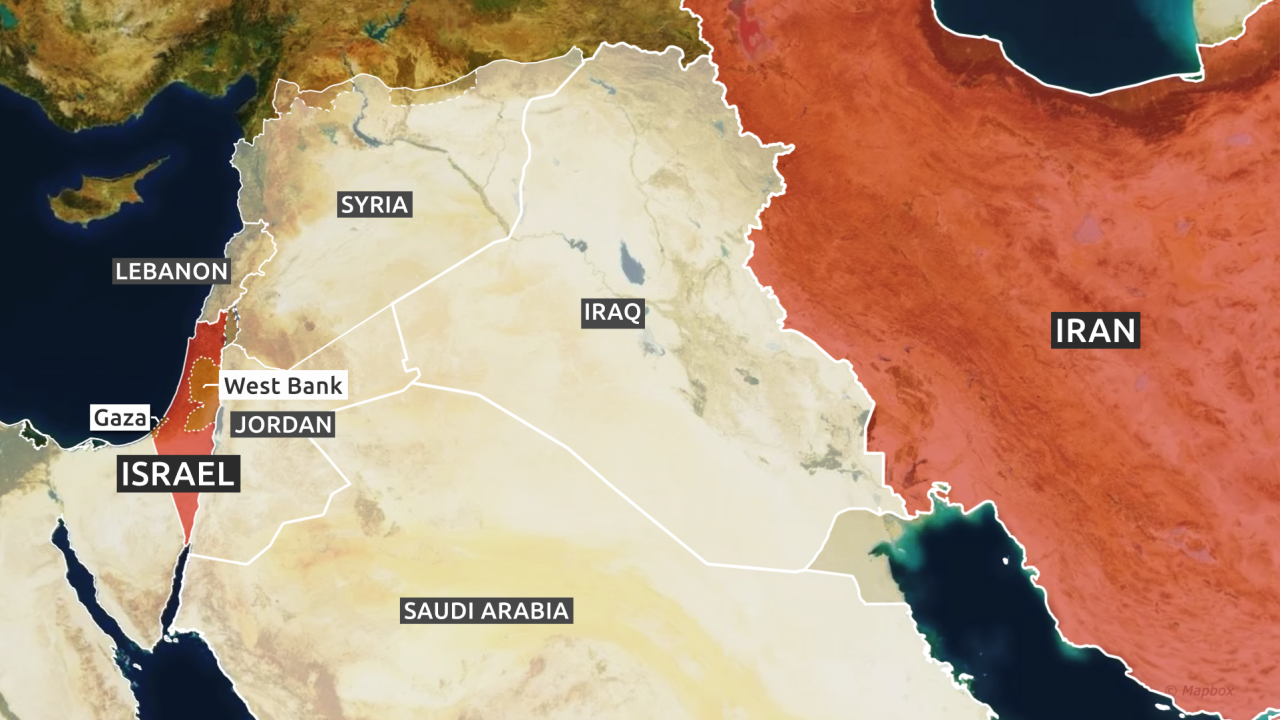Key Points
- Donald Trump says he’ll decide within two weeks on potential US military action against Iran.
- Israeli airstrikes hit nuclear sites; Iran retaliates with drones and missiles.
- Trump’s envoy and Iran’s foreign minister have held secret talks during the conflict.
United States President Donald Trump will decide in the next two weeks whether the US will get involved in the Israel-Iran air war, the White House said on Thursday, raising pressure on Tehran to come to the negotiating table.
Citing a message from Trump, White House Press Secretary Karoline Leavitt told reporters: “Based on the fact that there’s a substantial chance of negotiations that may or may not take place with Iran in the near future, I will make my decision whether or not to go within the next two weeks.”
The Republican president has kept the world guessing on his plans, veering from proposing a swift diplomatic solution to suggesting the US might join the fighting on Israel’s side. On Wednesday, he said nobody knew what he would do.
A day earlier he mused on social media about killing Ayatollah Ali Khamenei, then demanded Iran’s unconditional surrender.
The threats have caused cracks in Trump’s support base between more hawkish traditional Republicans and the party’s more isolationist elements.
But critics said that in the five months since returning to office, Trump has issued a range of deadlines – including to warring Russia and Ukraine and to other countries in trade tariff negotiations — only to suspend those deadlines or allow them to slide.
“I think going to war with Iran is a terrible idea, but no one believes this ‘two weeks’ bit,” Democratic Senator Chris Murphy said on the social media platform X.
“He’s used it a million times before to pretend he might be doing something he’s not. It just makes America look weak and silly.”
As the BBC’s North America correspondent Anthony Zurcher highlighted this morning, Trump has previously threatened Russia with a two week deadline to demonstrate its willingness to end the war in Ukraine of face new sanctions but has yet to announce his decision, despite the deadline passing.
In May, he also set a two-three week timeframe for trading partners to respond to new import duties, only for that deadline to pass without action.
‘Always interested in a diplomatic solution’
Leavitt told a regular briefing at the White House that Trump was interested in pursuing a diplomatic solution with Iran, but his top priority was ensuring that Iran could not obtain a nuclear weapon.
She said any deal would have to prohibit enrichment of uranium by Tehran and eliminate Iran’s ability to achieve a nuclear weapon.
“The president is always interested in a diplomatic solution … if there’s a chance for diplomacy, the president’s always going to grab it,” Leavitt said. “But he’s not afraid to use strength as well I will add.”
Leavitt declined to say if Trump would seek congressional authorisation for any strikes on Iran. Democrats have raised concerns over reports on CBS and other outlets that Trump has already approved a plan to attack Iran, bypassing Congress, which has the sole power to declare war.
Leavitt said US officials remained convinced that Iran had never been closer to obtaining a nuclear weapon, saying it would take Tehran just “a couple of weeks” to produce such a weapon.
Leavitt’s assessment contradicted congressional testimony in March from Trump’s intelligence chief, Tulsi Gabbard. She said then that the US intelligence community continued to judge that Tehran was not working on a nuclear warhead.
This week, Trump dismissed Gabbard’s March testimony, telling reporters: “I don’t care what she said. I think they were very close to having one.”
On Wednesday, Trump lieutenant Steve Bannon urged caution about the US joining Israel in trying to destroy Iran’s nuclear program.
Israel bombed nuclear targets in Iran on Thursday and Iran fired missiles and drones at Israel after hitting an Israeli hospital overnight, as a week-old air war escalated and neither side showed any sign of an exit strategy.
Leavitt said Trump had been briefed on the Israeli operation on Thursday and remained in close communication with Israeli Prime Minister Benjamin Netanyahu. She said Iran was in “a deeply vulnerable position” and would face grave consequences if it did not agree to halt its work on a nuclear weapon.
Iran has been weighing wider options in responding to the biggest security challenge since its 1979 revolution.
Three diplomats told Reuters that Trump’s special envoy Steve Witkoff and Iranian Foreign Minister Abbas Araqchi have spoken by phone several times since Israel began its strikes last week.
Netanyahu said on Thursday that the change or fall of Iran’s leadership was not a goal of Israel’s attacks but could be a result.
“The matter of changing the regime or the fall of this regime is first and foremost a matter for the Iranian people. There is no substitute for this.
“And that’s why I didn’t present it as a goal. It could be a result, but it’s not a stated or formal goal that we have,” Netanyahu said in an interview with Israel’s Kan public television.
He said Israel had the power to remove all of Iran’s nuclear facilities, whether US President Donald Trump decides to join in or not.
Military analysts believe Israel might need the help of US military bunker-busting bombs to destroy the Fordow Fuel Enrichment Plant, the crown jewel of Iran’s nuclear program buried beneath a mountain near the city of Qom.






